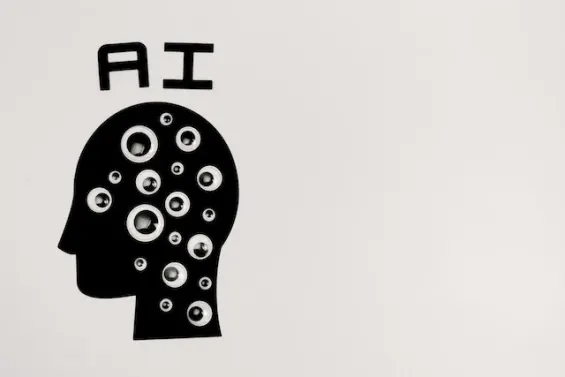The following topics will be discussed in this post.
In today's digital era, financial technology (fintech) is revolutionizing the banking sector. It's changing how banks operate, interact with customers, and attract new ones. Banks must embrace the latest fintech trends to stay competitive in the rapidly evolving market.
Here are the most recent fintech trends every bank should keep up with.
Mobile banking
Thanks to the rapid advancement of technology, people can now perform numerous activities from the comfort of their homes or offices without ever having to leave their seats. Among these conveniences is mobile banking.

This service allows customers to conduct financial transactions, view account balances, pay bills, and perform many other tasks using their mobile devices. Here are the advantages:
Security
Mobile banking apps require authentication by logging in using a password or biometric data like facial recognition. This provides added customer security, significantly reducing the risk of fraudulent activities like identity theft.
In case of a lost or stolen device, customers can remotely erase all data from their machine, locking out unauthorized access to their accounts.
Cost-effective
Mobile banking eliminates the need for customers to make frequent travels to the bank, thus reducing transport and other related costs. Additionally, some banks offer competitive interest rates on mobile transactions, which may benefit customers.
Cybersecurity
When it comes to financial technology for banks, cybersecurity is paramount. Banks are entrusted with vast amounts of sensitive data, including personal identification information and financial transaction details. Fraudsters are always looking for ways to gain access to this information.

Fortunately, cutting-edge fraud detection analytics offer a robust defense against these threats. With its advanced algorithms and real-time monitoring, fraud detection analytics can identify and alert the bank of suspicious activity.
Banks implementing this technology can enjoy a significant risk reduction, making it a sound investment in their long-term success. At a time when cyber threats are on the rise, the use of fraud detection analytics is an intelligent choice.
Blockchain
Blockchain technology transforms the banking industry by providing secure, transparent, and faster transactions. It also reduces costs by eliminating intermediaries, increasing automation, and improving data tracking.
Banks should consider investing in blockchain technology to streamline operations, increase efficiency, and decrease fraud.
In addition, blockchain is also being used to create secure digital identities for customers, which can help banks ensure that only legitimate transactions are conducted.
Open banking
Open banking is a regulatory initiative requiring banks to open their data to third-party financial service providers through APIs (Application Programming Interfaces). This enables fintech companies to develop applications that provide customers more personalized and efficient service.
Banks should collaborate with fintech startups to offer more innovative products, improve customer experience, and increase revenue opportunities.
Artificial Intelligence (AI)
Artificial Intelligence (AI) is a revolutionary technology that has changed the world of banking and financial technology. AI is the ability of computers to perform tasks that traditionally require human intelligence, such as solving problems, reasoning, and learning.

In the banking and financial technology sector, AI improves efficiency, enhances customer experiences, reduces costs, and identifies new opportunities.
Enhanced customer service
AI-powered chatbots are becoming increasingly common in the banking industry. Chatbots can provide customers with quick and accurate answers to their queries and perform basic banking tasks like transferring funds and paying bills.
Chatbots can reduce the burden on customer service representatives, enabling them to focus on more complex issues. Banks can provide 24/7 customer service or extended hours without adding headcount.
Improve Trading Practices
AI-powered algorithms are also being used in banking to improve trading practices. By analyzing financial data in real time, AI algorithms can identify profitable trading opportunities for Financial Institutions.

While the work of traders can never be replaced, AI can help them make more informed decisions and improve profitability by identifying patterns and trends that may have been overlooked.
The Bottom Line
The fintech industry constantly evolves, and banks must keep up with the latest trends to remain competitive. By embracing mobile banking, blockchain, open banking, AI, and cybersecurity, banks can transform operations, improve customer experience, and achieve sustainable growth.
Banks that fail to adapt to the changing market risk losing customers to innovative fintech startups. It's time to embrace the fintech revolution and position your bank at the forefront of innovation.
Read Next
The following articles are related to fintech power: providing helpful solutions to businesses.







